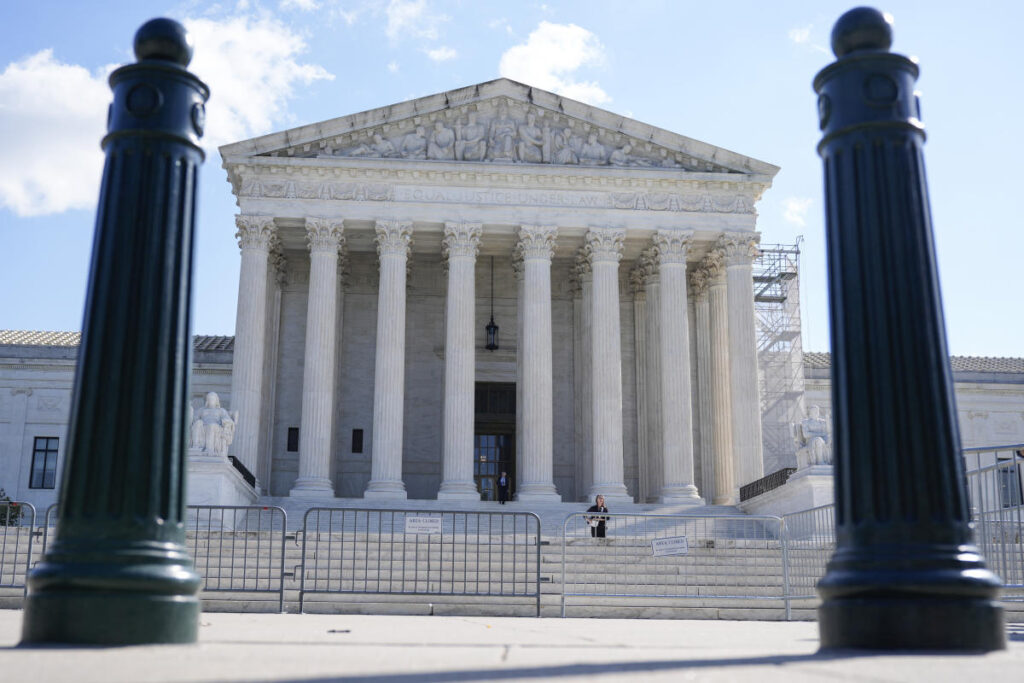A nearly two-year investigation by Democratic senators into Supreme Court ethics has highlighted additional luxury travel taken by Justice Clarence Thomas that was not disclosed on his financial forms. In a report released by the Senate Judiciary Committee, it was revealed that Thomas participated in various luxury trips, including private jet flights to New York and yacht trips funded by billionaire Harlan Crow, which have raised concerns about ethical standards within the Supreme Court. The report underscores the need for Congress to establish a means to enforce a new code of conduct for justices, particularly in light of declining public confidence in the institution. Nonetheless, legislative action is unlikely as Republicans prepare to gain control of the Senate in January, which limits potential reforms aimed at regulating the ethics of the judiciary.
The investigation, led by Illinois Senator Dick Durbin, found that the justices might have the lowest ethical standards despite being the highest court in the United States. The Supreme Court adopted its first code of ethics in 2023, but its self-enforcement leaves questions surrounding accountability. Republican Senators did not endorse the report, and there is a perception among them that the investigation was primarily a political maneuver aimed at discrediting conservative justices. Attorney Mark Paoletta characterized the initiative as an attack on Thomas’s character and an attempt to undermine the credibility of the Court. Justice Thomas defends his position by asserting that he was not obligated to disclose trips with Crow, aligning with previous ethical standards, although the recent code requires such disclosures.
The investigation’s findings regarding Thomas’s extensive acceptance of gifts and luxury travel since his confirmation in 1991 have no equal in contemporary history, estimated at over $4.75 million. The report cites that Justice Thomas’s practices of accepting undisclosed gifts and trips mirror similar behavior of past justices, notably Justice Antonin Scalia, who set the precedent. In contrast, Justices Ruth Bader Ginsburg and Stephen Breyer reported their subsidized trips, raising further questions about adherence to ethical norms among current justices. The latest findings accentuate the inconsistency in the ethical scrutiny of sitting justices, with Thomas’s pattern of conduct drawing the most attention.
Concerns extend to other justices, including Samuel Alito, who faced scrutiny over a luxury trip to Alaska and his reluctance to recuse himself from cases involving former President Donald Trump. Alito’s defense centers on his adherence to previous ethical norms that exempted him from disclosing such trips. Similar scrutiny ensues for Thomas regarding his interactions with Trump and involvement in cases connected to the January 6, 2021, Capitol riot, particularly given that his wife, Ginni Thomas, actively endorsed efforts to reverse the 2020 election results. Ethical debates surrounding the justices remain contentious, with specific calls for resignations or recusal garnering attention.
Justice Sonia Sotomayor has also faced investigations related to her book sales during college visits, which raises issues of potential conflicts of interest as justices preside over cases involving their book publishers or companies tied to their investments. These instances point to an overarching question of whether the ethical standards and codes governing the judiciary can be effectively enforced. President Biden and Justice Elena Kagan have openly advocated for a binding code of conduct; however, legal complexities may hinder actionable progress on this front.
As public trust in the judicial branch declines, discussions about the adequacy of ethical guidelines for the Supreme Court are becoming increasingly urgent. The findings of the Democratic-led report call for revisions within the federal courts’ oversight body, under Chief Justice John Roberts, and suggest that Congress expand its investigation into judicial ethics. Ultimately, the challenge lies in fostering a culture of accountability while maintaining the independence of the judiciary. The broader implications of these ethical considerations highlight the necessity for increased transparency and enforcement mechanisms to uphold the integrity of the Supreme Court, especially as public scrutiny continues to mount.

